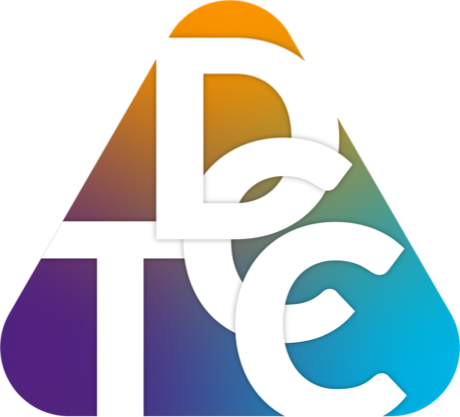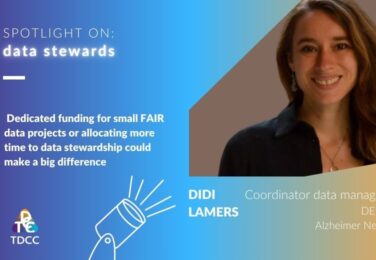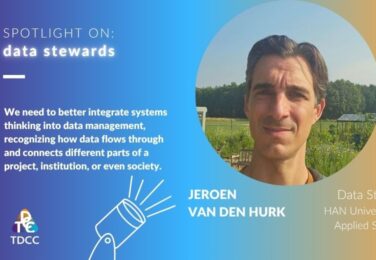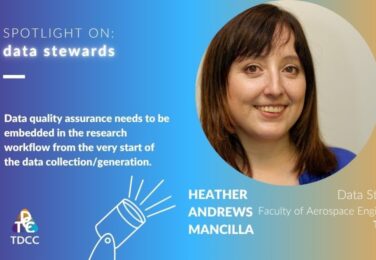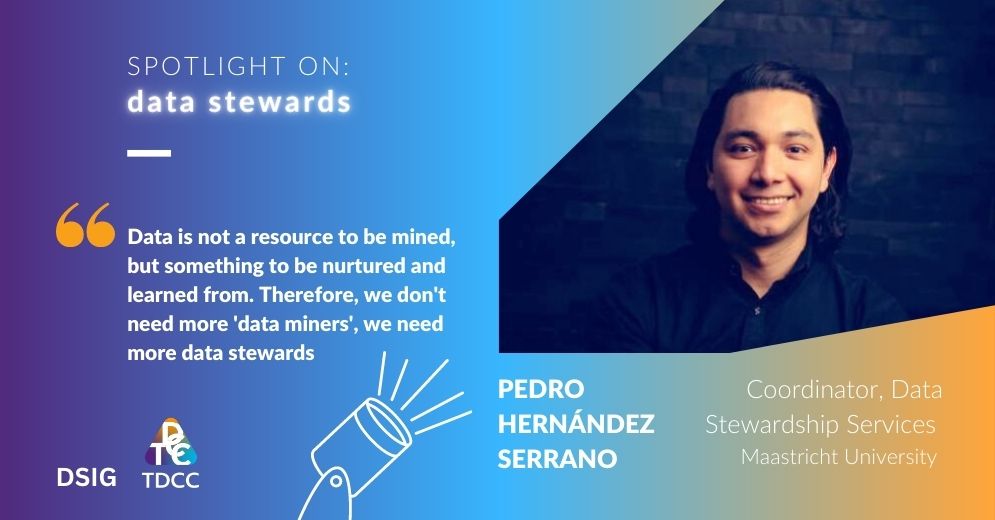
Spotlight on: Pedro Hernández Serrano
Every other week, the Thematic DCCs and the Data Steward Interest Group (DSIG) put the spotlight on one research data steward working in the Netherlands, to stimulate knowledge exchange and peer-to-peer learning.
What drew you towards the research data management field?
I have a background in data science, so I have been involved in data management since I graduated. However, after spending several years in the private sector, I felt a strong pull towards using my skills for the "greater good". So, I made the switch to academia, and I was so lucky to have landed as a data scientist in Prof. Dumontier's group when he just arrived from Stanford.
He is one of the founding fathers of the FAIR principles, so I quickly learned the science behind research data management, and I was given the opportunity to participate in multidisciplinary projects across all faculties. That led me to become a faculty data steward, and more recently, I'm grateful to be appointed as coordinator for Data Stewardship Services at Maastricht University Library, where my work will focus on consolidating the fantastic work done in recent years.
What is an activity / task of your role that you find yourself looking forward to?
I have always had a data support role during all my professional career, and I plan to continue this path. It is incredibly engaging for me to listen to the unique cases researchers bring – they are so different every single time, and I find that exciting. Each research question is fascinating, and I can get very passionate when I talk about data technologies too!
What is something unexpected that you can offer help with, if a colleague reaches out to you?
It is probably not something specific, but the fact that my formation years were not in research (like for most of my research data colleagues) but in the private sector and business world, has allowed me to sometimes offer viewpoints that are useful in the research support context. That has been very helpful to me and my colleagues.
What do you think your community of research data professionals is missing?
In my opinion, there is a gap in understanding all legal aspects related to research data & software and even Open Science as a whole. Think about it, when you have a party inside your house, it is all good, but when you have your party on the street, you fall into several legal frameworks within your jurisdiction. The same applies to research outputs. When everything was closed, there were not many legal issues, but while making everything open, we also need to understand all the legal frameworks we fall into.
What is a topic you would want to collaborate on with others?
I am truly enthusiastic about collaborating on projects that scrutinise the policies and legal frameworks applicable to research data and software. For instance, I am currently co-chairing the Policies in Research Organisations for Research Software (PRO4RS) group at the RDA, where we inventory research software policies, among other things. But I could imagine a project where we employ AI and computational policy analysis techniques to dissect the intricate connections and relations among all the research policies related to our communities! It is a bit of a daydream, I admit, but definitely exciting to think about!
How would you like to see your current field of work evolve in the next 5 years?
I see the field of data stewardship serving as a 'balancing pull' against irresponsible data exploitation, even more now within the context of AI. We need to reconsider how we see data processing. I remember companies had a similar question at every job interview I had in the last decade: "I'm sitting on tons of data and I don't know what to do with it", but it's time we change this mindset.
The 'data mining' paradigm views data as oil, a resource to be extracted and exploited, with a colonial mentality. So, it is crucial that we decolonize our data terminology. Data is not a resource to be mined, but something to be nurtured and learned from. Therefore, we don't need more data miners because data isn't something we mine. We need more data stewards, as data is more like a natural reserve that needs safeguarding.
The field of data stewardship is in its infancy, but I foresee it gaining more importance and leverage in the coming years due to the remarkable talent we have in academia, plus the fact that the community is close and supportive - we all know each other!
Get in touch with Pedro: Maastricht University profile | Linkedin profile | ORCID
